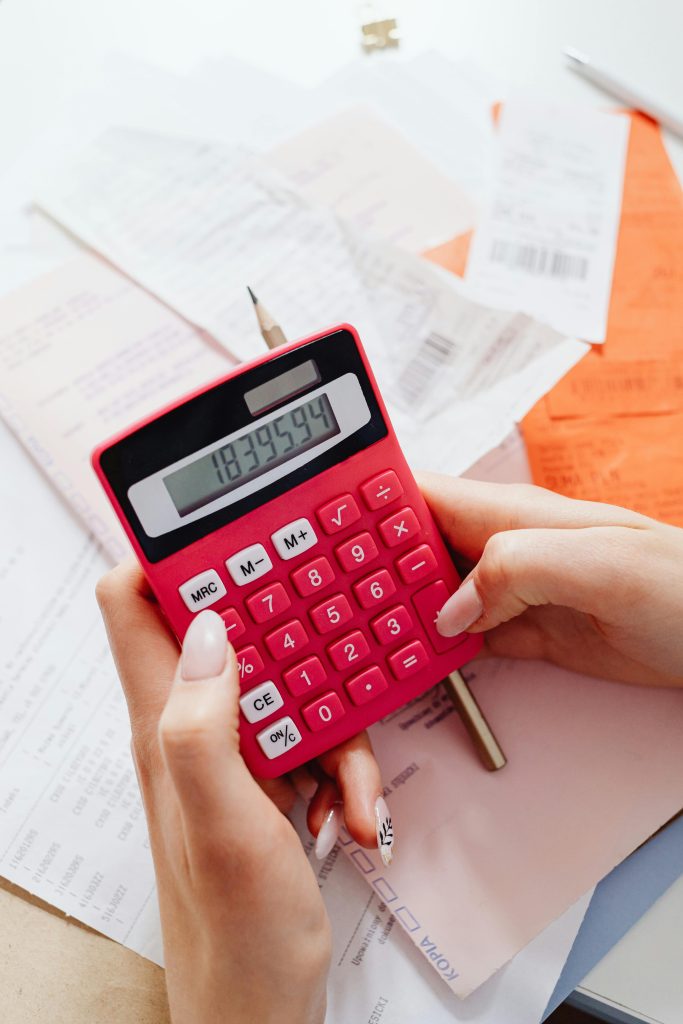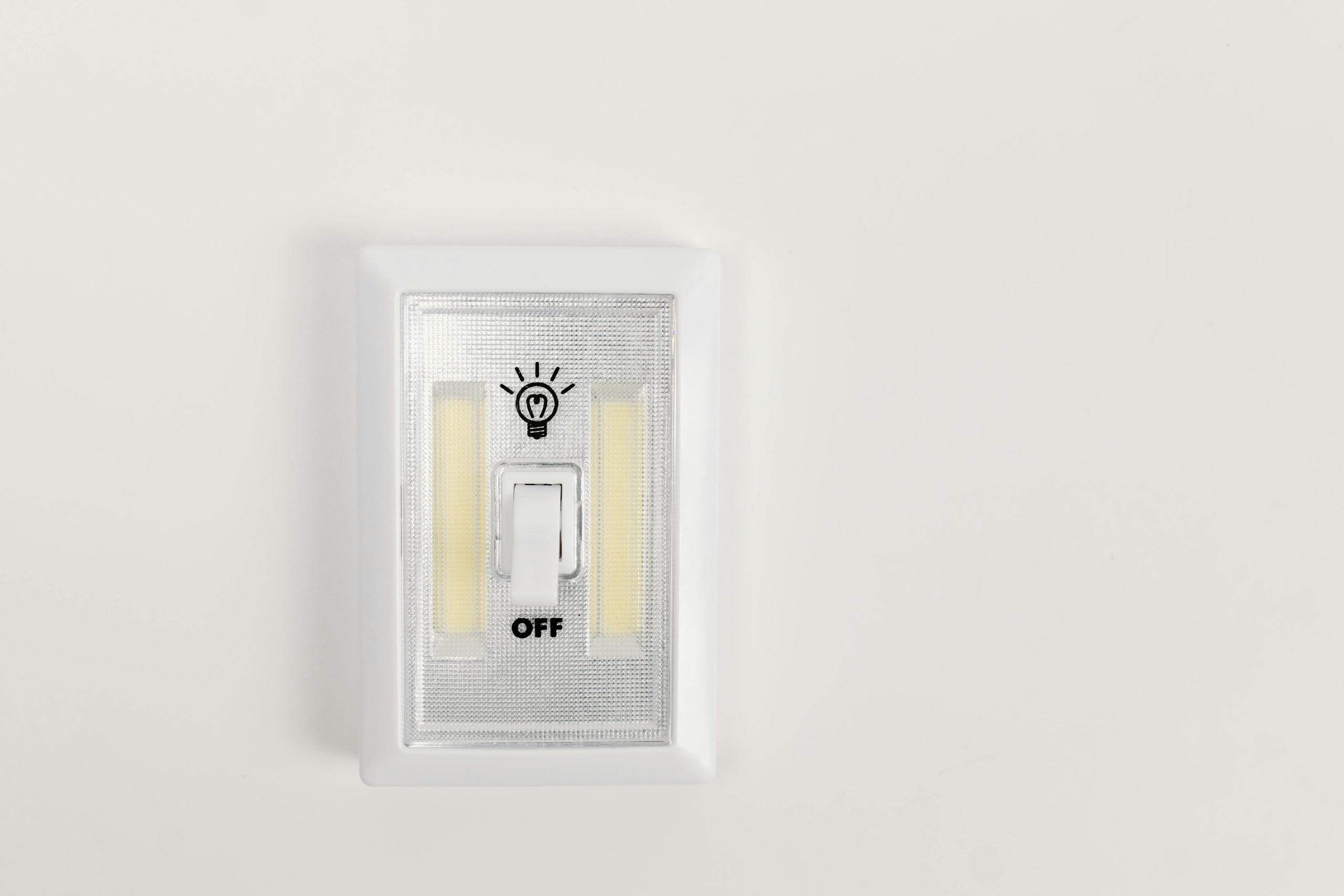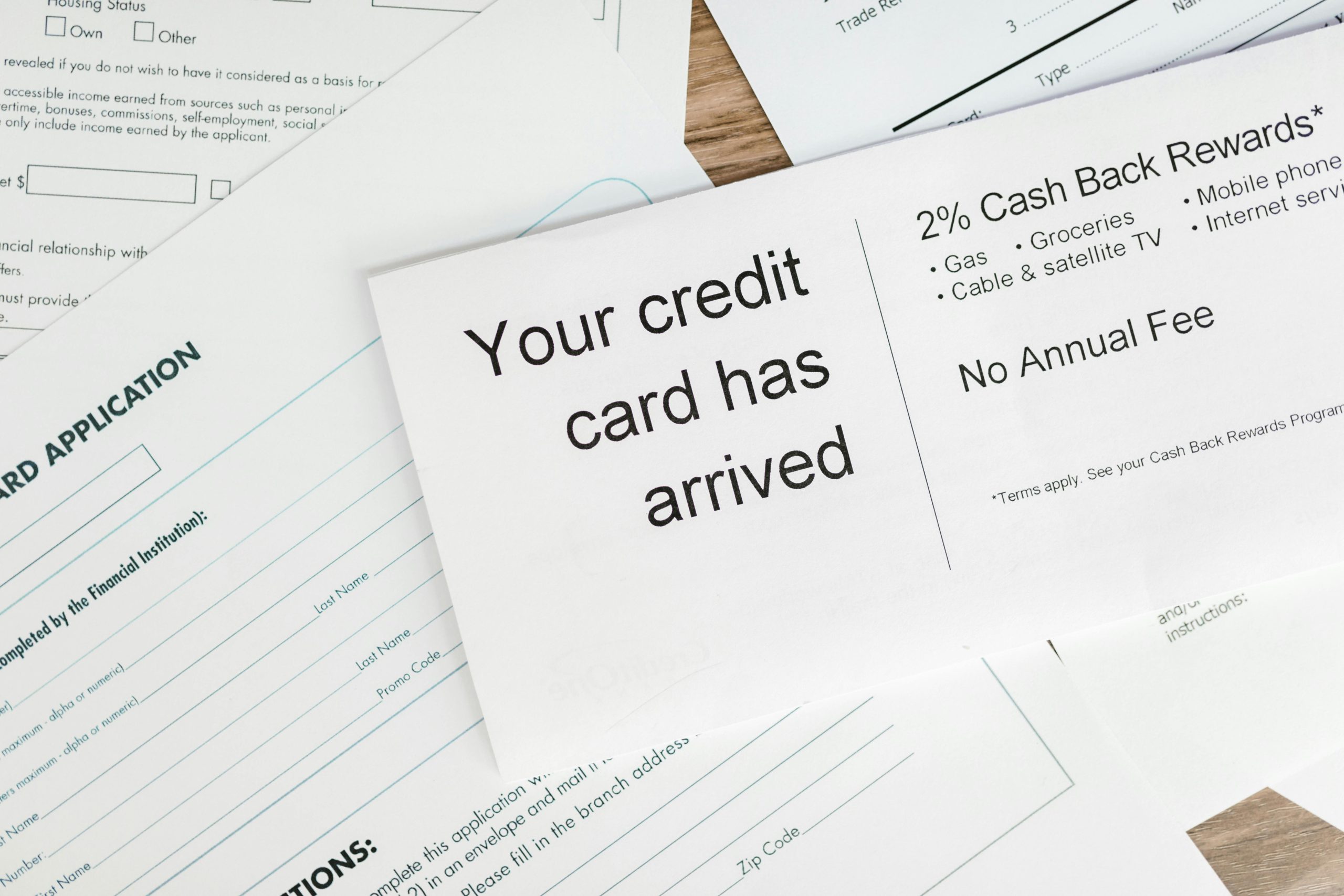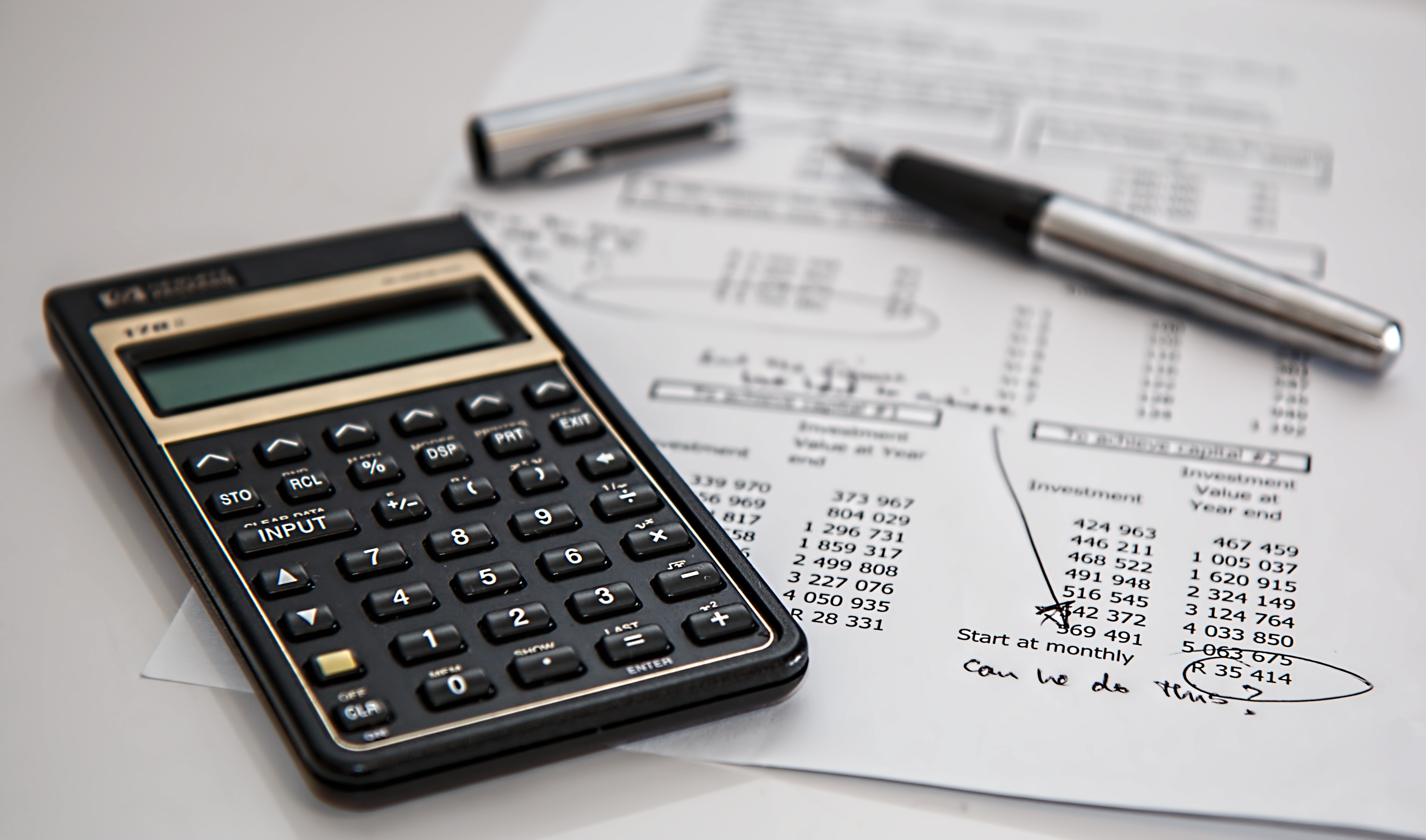
If you’re not in a position to have zero balances on your credit cards, how can you keep a credit balance from impacting your credit score? Managing your credit balance and credit score is a delicate balancing act that takes knowledge and strategy. Here are the tips you need to know to improve your credit score, even when you have credit balances.
1. Pay More Than Your Minimum Balance
Just paying minimum balances every month will not only increase the time it will take you to pay off your credit cards due to interest, but it also won’t help your credit score. Instead of just paying your minimum balance each month, make payments throughout the billing cycle. This way, these smaller balances on your card will be reported to credit bureaus.
2. Pay on Time
This may seem obvious, but late payments will negatively impact your credit score. On-time payments make up 35% of your FICO score and it’s hard to come back from too many missed payments. If you’re struggling to make payments on time, contact your credit card companies as soon as possible. You may be able to negotiate a payment plan.
3. Keep Your Credit Utilization Low
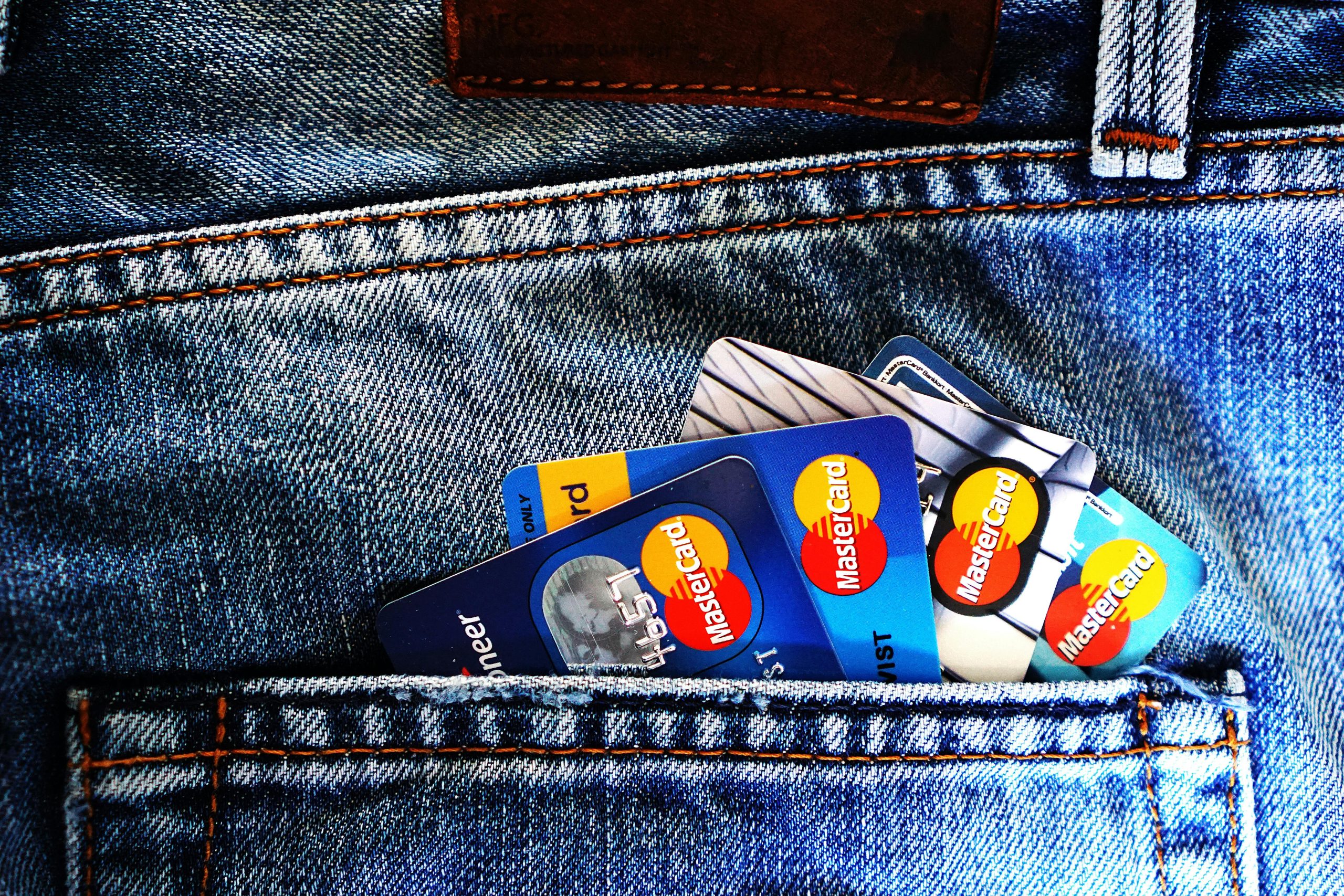
Credit utilization is the ratio of your debt to available credit. This number accounts for 30% of your FICO score. Because of this, it’s usually not beneficial to just move debt around to one card and close other accounts. Your credit utilization will still remain the same. Instead, focus on paying off your credit balances.
4. Don’t Close Accounts
Even if you pay off some of your credit cards, don’t close the accounts. This short-term strategy to boost your score, won’t help you in the long run. Closed accounts can lower your score and impact your credit history. Plus, closed accounts still show up on your credit report.
5. Try and Increase Your Limit

Calling your credit card companies and asking for a credit increase can help increase your credit score. Make sure to update your income information to increase your chances of an increase. Having more available credit will help boost your score. However, this doesn’t mean that you should open several new accounts to try and boost your score. This will actually have the opposite effect because each new account will trigger a hard inquiry on your credit report, lowering your score.
6. Take Advantage of Opportunities to Boost Your Score
Did you know that on-time payments on bills like utility bills, cell phone bills, or rent payments can help boost your score? You can try services like Experian Boost that take these payments and report them to increase your credit score. When you have balances on your credit cards, these creative ways to increase your credit score can make a big difference.
Managing a Credit Balance
Just because you aren’t debt-free doesn’t mean that you can’t have a good credit score. By managing your credit card balance wisely, you can increase your credit score and make smart financial decisions. It’s always a good idea to create a plan that will help you pay off your credit card debt.
Read More
8 Banks Cutting Branches in Response to Digital Banking Trends
10 Clever Ways to Say No When Someone Asks to Borrow Money

Teri Monroe started her career in communications working for local government and nonprofits. Today, she is a freelance finance and lifestyle writer and small business owner. In her spare time, she loves golfing with her husband, taking her dog Milo on long walks, and playing pickleball with friends.

